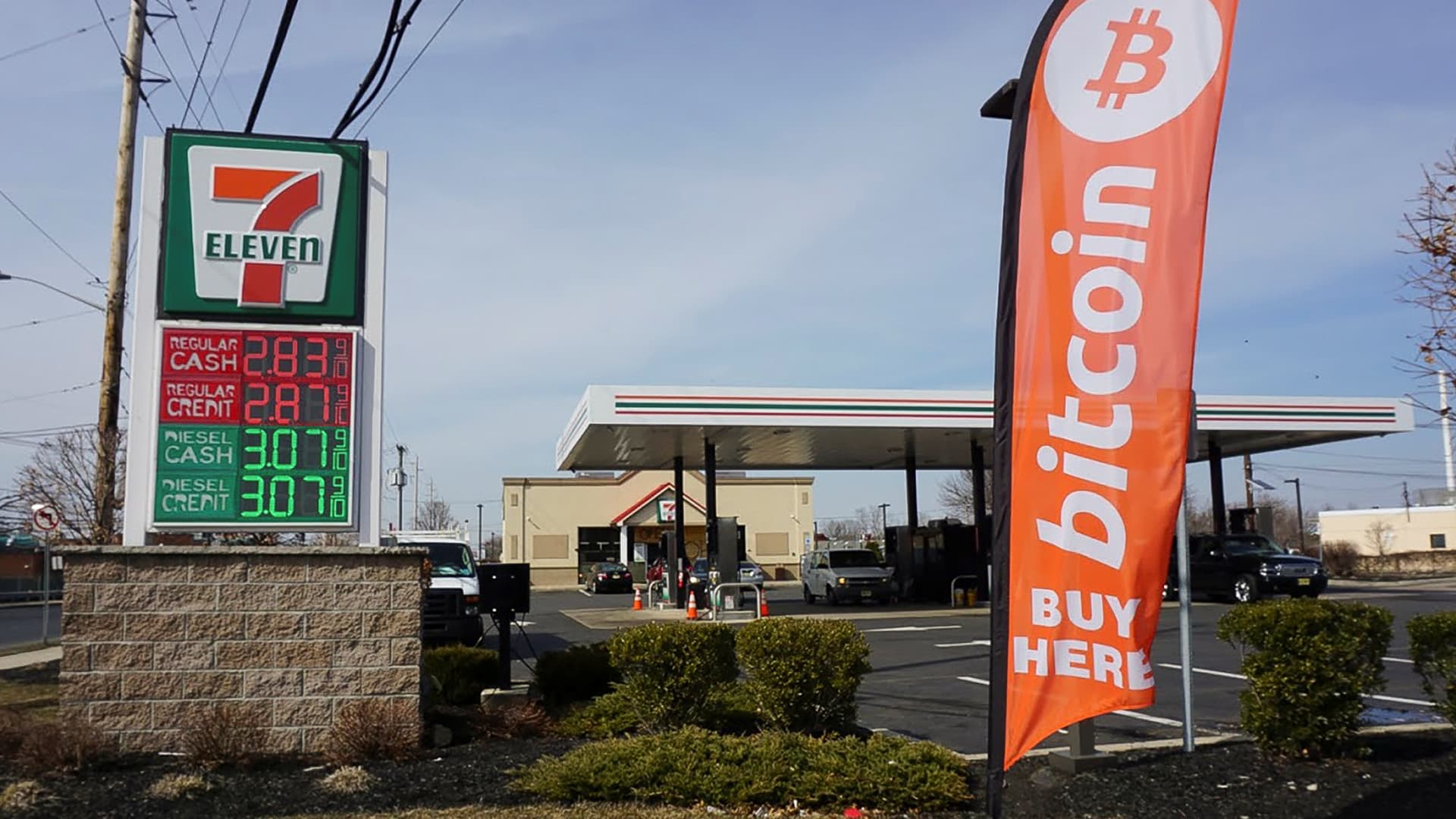S&P 500 closes flat, giving up most of the gains in the final minutes of trading

The S&P 500 erased most of its gains and closed little changed on Wednesday amid year-end profit-taking, while policy uncertainty weighed on sentiment as President Donald Trump picked fights with Congress.
The broad equity benchmark rose less than 0.1%, or just 2.75 points, to 3,690.01 after climbing as much as 0.7% earlier in the day. The Dow Jones Industrial Average rose 114.32 points, or 0.38%, to 30,129.83. At its session high, the 30-stock benchmark gained 277 points. The Nasdaq Composite fell 0.3%, or 36.80 points, to 12,771.11 as tech heavyweights Amazon, Apple and Microsoft all dipped.
Cyclical sectors — pockets of the market most sensitive to an economic recovery — provided the market with some support. Energy and financials were the two best-performing groups, rising 2.2% and 1.6%, respectively.
Trump on Tuesday night railed against the new Covid-19 relief package, a move that could delay the deployment of funds to struggling Americans. Meanwhile, Trump vetoed the sweeping defense bill that authorizes a topline of $740 billion in spending and outlines Pentagon policy.
The president called the new $900 billion Covid relief package an unsuitable “disgrace” and admonished lawmakers to alter the bill’s content, especially to increase direct payments to $2,000 from $600. House Speaker Nancy Pelosi agreed with Trump’s call for higher payments, and said House Democrats will seek to pass a standalone bill by unanimous consent Thursday.
“President Trump’s demand for revisions to the COVID relief bill to raise the individual payment amount to $2,000 significantly raises uncertainty for the days ahead, but our base case remains that the bill passed by Congress will become law,” wrote Ed Mills of Raymond James overnight. “The bill becomes law on Jan. 3 without any action taken by the President – although a government shutdown occurs if the bill is not signed by Dec. 28.”
Trump did not threaten to veto the legislation but he asked to be sent a “suitable bill or else the next administration will have to deliver a Covid relief package.”
Congress passed the rescue bill this week with $900 billion in pandemic aid after monthslong negotiations. The package includes additional jobless benefits, more small business loans, direct payments of $600 and funds to distribute Covid-19 vaccines, among other provisions.
“It feels like the market is following the rule of ‘watch what he does, not what he says’ in terms of the President’s late night drive-by shooting of the Covid aid package,” said Art Hogan, chief market strategist at National Securities. “Odds are there is enough time to tweak the relief legislation enough to get it passed and signed.”
Travel-related stocks, which sold off earlier this week, rebounded as concerns about a new coronavirus strain from the U.K. eased. United Airlines and Delta climbed 2.7% each, while Carnival and Norwegian Cruise Line jumped 5.7% and 6.2%, respectively. Health experts said the vaccines in production would be effective against the new variant.
The S&P 500 was coming off its third straight day of losses after its recent rally to record highs. Some investors started taking profits after an unexpected year of solid gains. The broad equity benchmark is up more than 14% with only five trading days left in 2020.
On Wednesday, Pfizer and BioNTech announced a second deal with the U.S. government to supply an additional 100 million doses of their jointly-developed Covid-19 vaccine. The deal brings the total number of doses to 200 million, which will be delivered to the U.S. by the end of July next year.
The U.S. so far has vaccinated more than 1 million people, the Centers for Disease Control and Prevention said. The federal government’s goal is to inoculate 20 million Americans by the end of the year.
On the data front, U.S. jobless claims totaled 803,000 during the week ending Dec. 19, better than an estimate of 888,000 according to economists polled by Dow Jones. However, core durable goods and personal income both fell short of expectations in November.
— CNBC’s Thomas Franck contributed reporting.
Subscribe to CNBC PRO for exclusive insights and analysis, and live business day programming from around the world.




